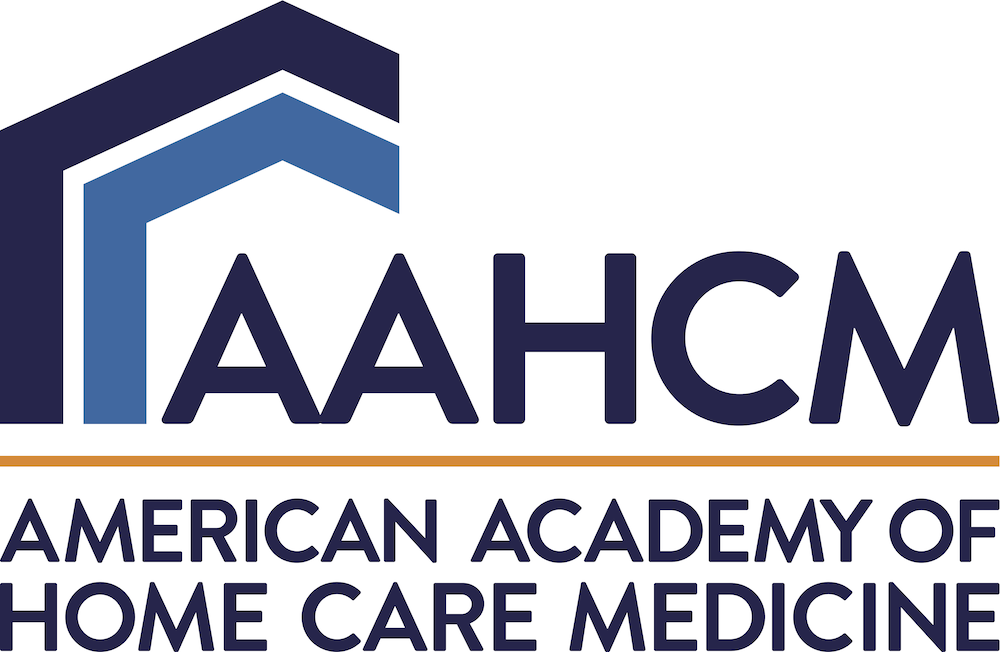|
On July 13th, CMS released the CY 2022 Medicare Physician Fee Schedule (MPFS) proposed rule. CMS notes that the MPFS is one of several proposed rules that reflect a broader Administration-wide strategy to create a health care system that results in improved accessibility, quality, affordability, empowerment, and innovation. Comments are due September 13, 2021. Details on key provisions of the proposed rule are provided in Healthperien's full summary which can be found here.
Key proposals include:
Changes in RVU Impacts:
- With the proposed budget neutrality adjustment and expiration of the 3.75% payment increase from the 2021 Consolidated Appropriations Act, the proposed CY 2022 MPFS conversion factor is $33.58, a decrease of $1.31 from the previous year.
Telehealth:
- CMS is proposing to continue the temporary extension of telehealth services that were added during the COVID-19 Public Health Emergency (PHE) until December 31, 2023.
- CMS is proposing to implement Section 123 of the Consolidated Appropriations Act of 2021 which removes geographic restrictions and adds the home of the beneficiary as a permissible originating site for telehealth services when used for the purposes of diagnosis, evaluation, or treatment of a mental health disorder. They are also proposing to require that an in-person, non-telehealth service be provided by the physician or practitioner furnishing mental health services within six months prior to the initial telehealth services, and at least once every six months thereafter.
Audio-Only
- CMS is proposing to amend the current regulatory requirement for interactive telecommunications systems to include audio-only communication technology when used for telehealth services for the diagnosis, evaluation, or treatment of mental health disorders.
- CMS is proposing to limit the use of an audio-only interactive telecommunications system to mental health services furnished by practitioners who have the capability to furnish two-way audio/video communications, but where the beneficiary is not capable of using, or does not consent to, the use of two-way audio/video technology.
- CMS is proposing to require the use of a new modifier for services furnished using audio-only communications to certify that the practitioner had the capability to provide two-way, audio/video technology, but instead, used audio-only technology due to beneficiary choice or limitations.
Concurrent Billing for CCM and TCM Services for RHCs and FQHCs
- CMS is proposing to allow rural health clinics (RHCs) and federally qualified health clinics (FQHCs) to bill for transitional care management and other care management services furnished for the same beneficiary during the same service period, provided all requirements for billing each code are met.
Evaluation and Management (E/M) Visits
CMS is proposing the following on split (or shared) E/M visits:
- Defining "split (or shared)" E/M visits as E/M visits provided in the facility setting by a physician and an advance practice practitioner (APP) in the same group.
- The practitioner who provides a substantive portion of the visit (more than half of the total time spent) will bill for the visit.
- Split (or shared) E/M visits can be reported for new and established patients as well as prolonged services.
Valuation of Code Sets
- CMS is proposing to increase the work RVU for Chronic Care Management (CCM) services.
Billing for Physician Assistant Services
- CMS is proposing to implement section 403 of the Consolidated Appropriations Act, authorizing Medicare to make direct payment to physician assistants (PAs) for professional services furnished under Part B beginning January 1, 2022. Under this policy proposal, PAs would be able to bill Medicare directly for their services and reassign payment for their services.
Vaccine Administration Services:
CMS is seeking comment on the following:
- The different types of health care providers who furnish vaccines and how these providers have changed since the beginning of the pandemic.
- How the costs of furnishing flu, pneumococcal, and hepatitis B vaccines compare to the costs of furnishing COVID-19 vaccines, and how costs may vary for different types of health care providers.
- How the COVID-19 PHE may have impacted vaccine administration costs, and whether health care providers envision these costs to continue.
- The preliminary policy to pay $35 add-on for certain vulnerable beneficiaries receiving a COVID-19 vaccine at home, specifically what qualifies as the “home” and how to balance ensuring program integrity with beneficiary access.
National Coverage Determinations (NCDs):
CMS is proposing to remove the following 2 NCDs that it believes to be outdated. CMS provides criteria for when it may consider removal of NCDs, and this may be an opportunity for the Academy to weigh in on other NCDs that CMS should review:
- Enteral and Parenteral Nutritional Therapy
- Positron Emission Tomography (PET) Scans
Medicare Shared Savings Program
- CMS is proposing a longer transition for Shared Savings ACOs reporting eCQM/MIPS CQM all-payer quality measures under the APM Performance Pathway (APP), by extending the availability of the CMS Web Interface collection type for two years, through performance year (PY) 2023. Other ACOs and registered groups and virtual groups will only be able to use the CMS Web Interface for the 2022 performance period.
- CMS is proposing to freeze the quality performance standard for PY 2023, by providing an additional one-year before increasing the quality performance standard ACOs must meet to be eligible for shared savings, and additional revisions to the quality performance standard to encourage ACOs to report all-payer measures.
- CMS is proposing to amend the beneficiary notification requirement to set forth different notification obligations for ACOs depending on the assignment methodology selected by the ACO to help avoid unnecessary confusion for beneficiaries.
- CMS is proposing revisions to the definition of primary care services that are used for purposes of beneficiary assignment. The proposed changes would be applicable for determining beneficiary assignment beginning with PY 2022.
|
